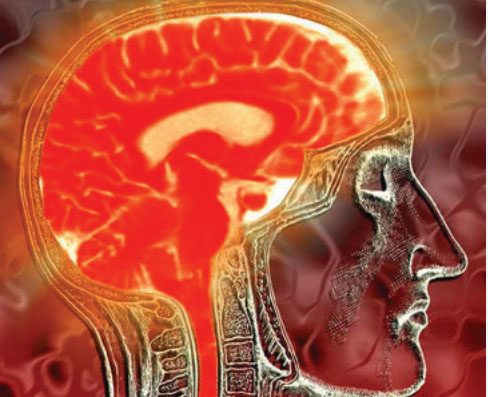Alzheimer’s Disease: A Neurologist’s In-Depth Guide
Alzheimer’s disease goes beyond mere memory loss. It ranks as the sixth leading cause of death in the United States, claiming more lives than prostate and breast cancer combined. Early and specialized care is essential when this serious condition begins. In this post, your trusted neurologist in Leesburg, VA, delves into the disease’s symptoms, stages, and more.
An Overview of Alzheimer’s Disease
Alzheimer’s disease, also referred to as senile dementia, is a progressive neurological disorder that leads to the deterioration of mental capacities. This condition gradually destroys brain cells and their connections, resulting in impaired memory and other critical cognitive functions. While it predominantly affects older adults, Alzheimer’s disease can occur at any age.
Research suggests that there is a hereditary component to the disease. A recent memory test conducted on individuals aged 18 to 65 demonstrated that those with a family history of Alzheimer’s disease have a higher likelihood of developing the condition compared to those without such a history.
Individuals suffering from Alzheimer’s disease typically exhibit symptoms such as:
- Memory loss
- Disorientation in time or place
- Uncharacteristic difficulty in problem-solving
- Challenges in completing tasks at home or during leisure activities
- Difficulties in interpreting visual images and spatial relationships
The severity of these symptoms varies according to the stage of the disease. It is advisable to consult a neurologist in Leesburg immediately if any of these symptoms are observed.
How Alzheimer’s Disease Affects the Brain
As people age, their brains shrink. In Alzheimer’s disease, there is also significant neuron loss and dysfunction, leading to disrupted processes in the brain. Memory, language, reasoning, and social behavior areas deteriorate, resulting in lost independence. The disease starts in the hippocampus, entorhinal cortex, and cerebral cortex, then spreads to other brain regions.
 The 7 Stages of Alzheimer’s Disease
The 7 Stages of Alzheimer’s Disease
Alzheimer’s disease progresses gradually, impacting a person’s bodily functions. Based on observations of past patients, Dulles neurology experts have categorized the effects of Alzheimer’s disease into seven stages:
1. Normal Outward Behavior
In this stage, symptoms are not yet visible. A PET scan, an imaging exam that assesses brain functionality, is the only way to detect the presence of Alzheimer’s disease.
2. Mild Changes
Symptoms remain unobservable at this stage; however, memory problems may occur more frequently. Common issues include difficulty recalling words and misplacing objects. These symptoms are minor and do not prevent the individual from working or living independently.
3. Mild Decline
At this stage, the individual begins repeating questions. They may also struggle to recall names when meeting new people, making plans, and remembering recently read information.
4. Moderate Decline
At this stage, the individual starts forgetting details about themselves and struggles with common thinking and reasoning activities, such as cooking meals, ordering from a menu, and recalling the current month.
5. Moderately Severe Decline
At this stage, the individual begins losing track of their location and finds it difficult to remember their address, contact number, time, and appropriate seasonal clothing.
6. Severe Decline
At this stage, the individual has difficulty remembering names and may misidentify people and experience delusions, such as thinking they need to go to work despite being unemployed for years.
7. Very Severe Decline
At this stage, the patient loses basic abilities, including eating, walking, and sitting up. They will require intensive care and attention from their loved ones as they can no longer tell when they’re hungry or thirsty.
Handling Alzheimer’s Disease
While there is no cure for Alzheimer’s, managing symptoms and slowing its progression is possible. At the first sign, consult a specialist such as:
- Psychologist
- Geriatrician
- Geriatric psychiatrist
- General neurologist
- Behavioral neurologist
Neurologists are particularly recommended due to their expertise in neurological conditions.
Get Compassionate Care for Alzheimer’s from an Experienced Neurologist
For the best care for Alzheimer’s disease, trust Neurology Associates. Dr. Sabjot Dulai, a leading board-certified neurologist in Leesburg, VA, can help. Call (703) 726-6393 today to make an appointment!
References:
NIH Institute on Aging, Alzheimer’s – https://www.alzheimers.gov/alzheimers-dementias/alzheimers-disease
Centers for Disease Control – https://www.cdc.gov/alzheimers-dementia/about/alzheimers.html









